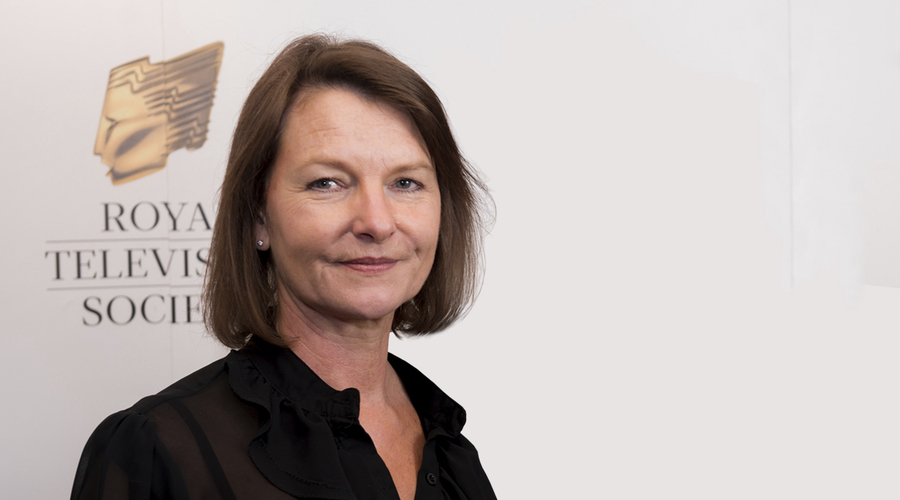Lynn Barlow hails Bristol as a production hub that goes way beyond its reputation as the Green Hollywood.
It’s all about the “cultural dividend” in the West of England this year. It’s about identifying the sweet spots between public and private sector agendas and using creativity and culture to drive economic growth and opportunity in the region. We are off to a flying start with a newly published West of England Cultural Strategy and some welcome news about the strength and depth of our creative community (see here).
The region’s film and television industries (excluding BBC Studios) generated £197.5m in turnover in 2020-21. This was up £57.2m from the £140.3m generated by the 131 independent companies in 2017 (a growth rate of 40.8%) according to Go West*, to be published in late March.
It’s estimated that BBC Studios contributes almost one third of the region’s turnover, which brings the combined turnover for Bristol’s independent sector to £288m – representing a growth rate of 105% in that period.
We now have 188 independent production companies. In addition, BBC Studios Natural History Unit (NHU) and part of its Factual Entertainment Productions are based in Bristol. These embrace a wide range of micro, small and mid-sized enterprises, and six established sub-sectors – animation, branded content, facilities (including studios), factual, natural history and post-production – plus an emerging sector of indigenous drama companies.
The long-established specialisms in natural history and animation remain our region’s principal strengths – Aardman is up for another Oscar (that would be its fifth) with its Netflix short Robin Robin, while The Green Planet is doing great business for the BBC’s NHU. After all, we are the “Green Hollywood”.
In less than a decade, Bristol-based Plimsoll Productions, with offices in Cardiff and Los Angeles, has grown to more than 300 staff. Its customers include Apple TV+, Netflix, the BBC and ITV. The company was valued at over £80m in 2019 when the UK private equity firm LDC acquired a minority stake.
Check out the standout scripted shows made at our Bottle Yard Studios – three new stages will open this summer, after a £12m investment from the regional authority – Chloe (BBC One/Amazon Prime Video); The Girl Before (BBC One/HBO Max); Showtrial (BBC One); The Outlaws (BBC One/Amazon Prime Video); and The Beaker Girls (CBBC). Waiting in the wings are: Am I Being Unreasonable? and season 2 of The Outlaws (BBC One); McDonald & Dodds (ITV); The Last Bus (Netflix) and Becoming Elizabeth (Starz).
The pleasure and the pain of the region’s creative sector has always been about the way it has developed into a global leader. It was born out of individuals falling in love with the area, setting down roots and producing some amazing work. But that individuality always meant there was a tension between being “bigger than the sum of our parts” and not being able to attract anchor institutions and different forms of investment. This is no longer true. We now have a Channel 4 Hub plus investment in our indies from some of the industry’s biggest players: Sky, All3Media and Netflix.
At the launch of the cultural strategy, West of England Metro Mayor Dan Norris said that more than 500 businesses have been directly boosted by Netflix’s investment alone, creating 1,000 jobs. He reckons that, globally, about 800 million people watch digital content produced in the region each month.
The cultural dividend is not just about economic strength, but also about how the power of culture makes our neighbourhoods better places to live and our communities more cohesive, as well as doing wonders for our personal wellbeing.
“Vibrant communities, culture and easy access to the coast and countryside, that’s why we all want to live in Bristol,” said the Daily Mail. So it must be true.
Lynn Barlow is Chair of RTS West of England.


